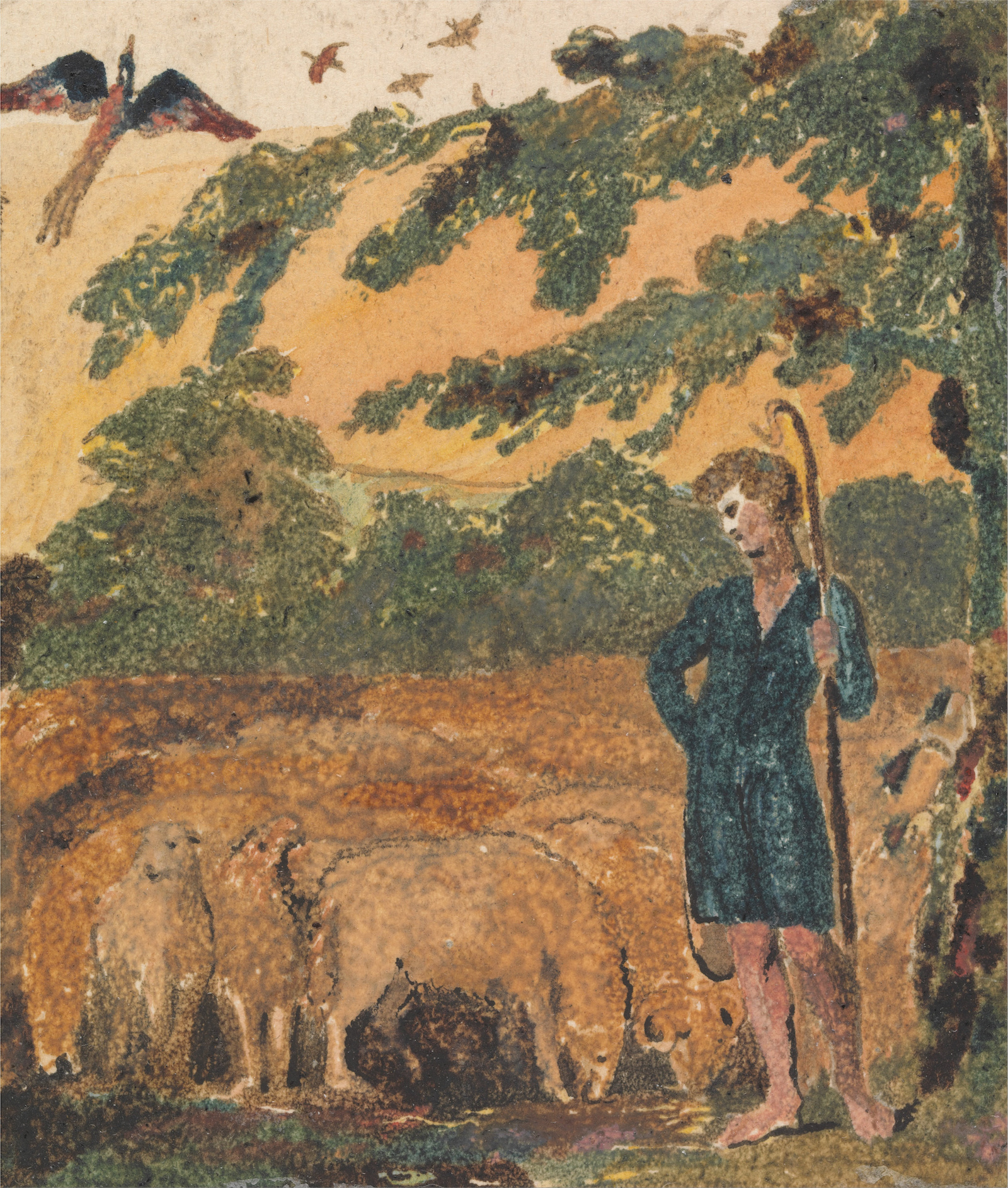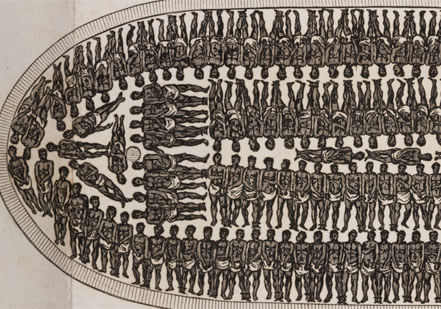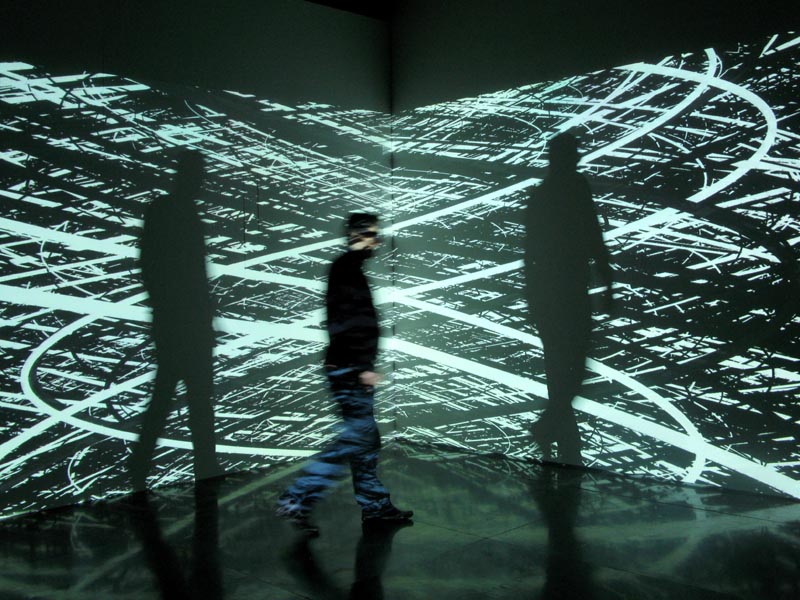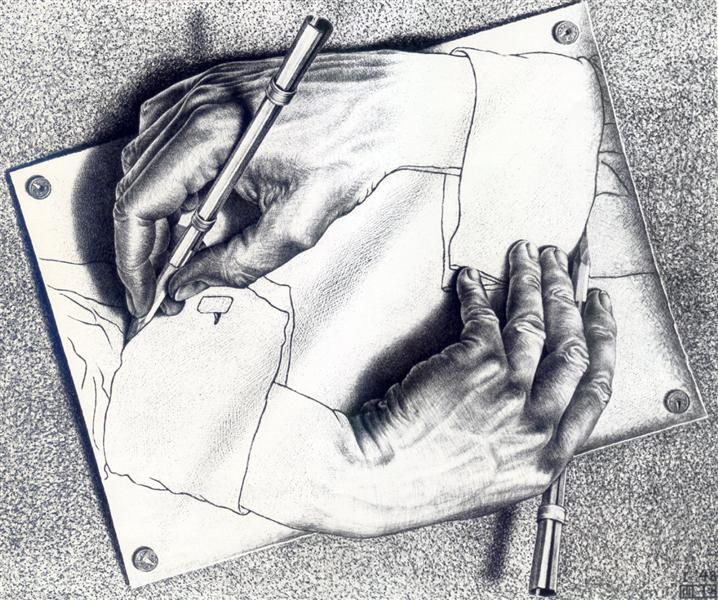The following is the final installment of a three-part series. The first installment can be accessed here. The second part can be found here. Dreaming Innocence and “Americans”: the Charrua and Us The circumstances of the development of Tillich’s Systematic Theology and his concept of Dreaming Innocence in particular belong to revolutionary political expectations and […]
Month: November 2016
Dreaming Innocence in America – Paul Tillich’s Radical Theology of Liberation, Part 2 (Alan Jay Richard)
The following is the second installment of a multi-part series. The first installment can be accessed here. As Tillich argues in the second dissertation, Kant views consciousness as “nothing but the act of synthesis of the manifold” – the structured uniting of a sensory multiplicity – by means of the “forms of comprehension” he calls […]
Review – François Laruelle’s General Theory of Victims (John Matthew Allison)
Laruelle, François. General Theory of Victims. Translated by Jessie Hock and Alex Dubilet. Malden, MA: Polity Press, 2015. ISBN-10: 0745679617. Hardcover, paperback, e-book. 161 Pages. There is a kind of “non-philosophical” eruption happening in so-called Continental philosophy. After a prodigious output for over three decades, François Laruelle is finally now garnering attention in Anglophone scholarship. Indeed, […]
Dreaming Innocence in America – Paul Tillich’s Radical Theology of Liberation, Part 1 (Alan Jay Richard)
The following is the first installment of a multi-part series. One of the challenges of liberation theology is to think the radical political and social liberation of the oppressed in a way that is truly this-worldly. This challenge is already clearly apparent in Gustavo Gutierrez’s A Theology of Liberation in 1972, which insists on starting […]
Hanging Garlands Of Flowers On The Chains That Bind – Soft Totalitarianism and Techno-Rationality (Jeff Appel)
This article was originally a paper delivered at the conference “Reclaiming the Unconscious – On The Intersection of Psychoanalysis With the Humanities,” October 21-23, at the University of Denver, Denver, Colorado. “Our writing tools are also working on our thoughts[1].” So wrote — or more precisely, so typed — Friedrich Nietzsche in 1882. Nietzsche’s severe […]




